I am still amazed as I peruse various blogs around the internet how much of an issue religion and science still is. For some reason, when it comes to intellectual discourse about these topics rationality seems to be thrown out as a requirement for conversation – or perhaps more accurately, arguing.
It seems to me that the majority of this problem seems to be contained mostly within the “modern” worldview – though that’s not always the case. However, in order to understand the situation at hand it is necessary to briefly look at why this is an issue in the first place.
Some Context: historical power brokers of knowledge
When Charles Darwin published The Origin Of Species in 1859; no one could possibly know to what extent this would impact, not just the scientific world, but western thought as a whole. Up to this point we might generally summarize the power brokers of knowledge mainly being controlled by two groups: Christianity in the medieval period and philosophy (primarily Kant and Hegel) through the enlightenment. Ultimately, it was the enlightenment that would establish a foundation (absolutism) from which science could usher in modernism.
By the time Origin of Species is published Christianity has already taken a back seat to both philosophical and scientific thought. In fact, as Kierkegaard rightly points out, there is very little that Christianity has to intellectually offer during this time, as they largely had capitulated to Hegelianism. In one sense Theologians believed they could partner (subconsciously) with philosophy in order to establish an absolutism for the scriptures. What Origin of Species help demonstrate was that scientific and philosophical thought worked much better together.
As scientism rose to become the power broker of knowledge through ushering in modernism Christianity tried to combat the predominate thought and regain their intellectual position by publishing “The Fundamentals”. These were 90 doctrinal essays written from the leading conservative Christian thinkers of the time (we understand this today as “Christian Fundamentalism”). What the fundamentals hoped to achieve was to create, ironically, an antithetical position to the predominate thought. This forced individuals to choose between competing worldviews.
The rise of atheism and the battle for truth
Western thought in the 20th century could quite easily be summarized as the battle between science and religion for truth. It should not be surprising then that the 20th century produced quite a dichotomy of thought as it related to answering the question, what is truth? The cavernous split would create a significant polarizing effect within both groups, as many moved to hold more extreme positions and thus not leaving room for more moderate positions. If Hegelianism taught us anything, it was that truth was black and white – absolute. If science taught us anything it was that they could “prove it” through the use of objective methodologies.
As both began battling vociferously for the hearts and minds of the culture. There was yet one more significant change that took place for both groups, which became the catalyst for the current debate.
Out of fundamentalism came “Evangelicalism”. Evangelicalism was to be a more rational, culturally significant movement within Christianity. Evangelicalism’s success was in its ability to reconcile biblical principles with rationality and logic, which allowed them the ability to attract a larger portion of culture than the aforementioned fundamentalists.
However, science was also undergoing a second revolution, when Albert Einstein stepped on the scene. Einstein’s theory of relativity ignited an intellectual fire both within the scientific community as well as the culture. Einstein’s theory of relativity is a significant moment in the “battle for truth” because it demonstrated that science had the ability to “prove” long held traditions to be false. The fact that some of those traditions were their own, did nothing but add to their credibility.
The picture of the world that science was painting was becoming increasingly different from the picture religion had painted thousands of years ago.
Our situation: Postmodernism
Although theories on postmodernism abound both in relation to its purpose and scope; one thing seems to be certain (relatively speaking – pun intended): the debate about truth is the reason for postmodernism.
For those of you who know about postmodernism, what I am about to say will sound so strange that you might think it cannot possibly be true, but I assure you it is: postmodernism cares more about truth than modernism. For far too long postmodernism had the stereotype of being “anti-truth”, when in reality it was “anti-falsehood”. That is, modernism was so intently focused on “truth”, it failed to realize its limitations in attaining that truth.
Postmodernism has the unfortunate responsibility of acting as the “foil” for modernism. Here is where the 19th century philosopher Soren Kierkegaard was right on. Kierkegaard desperately tried to warn his generation of the aforementioned limitations that their worldview held. The only way he could get their attention was to act as a Religious-Philosophical-Cultural Foil. He had to destroy stereotypes and basic cultural axioms in order to get his generations attention. Unfortunately, they did not listen to him. But his words speak to us even more now in our current postmodern culture. Thus, postmodernism is “pulling a Kierkegaard” in their attempt at destroying cultural stereotypes when they become skeptical. However, the only skepticism that really exists in the mind of postmodernism is that modernism can produce the truths that their worldview promised. Clearly, they could not do this.
However, as postmodernism has demonstrated “truth” is really not black and white, but exists in gradient forms of gray. It turns out that truth does not just lay in wait for us to discover it, but exists in the deeper recesses of the cosmos where we cannot find it. With that said, we do know it’s there simply from the poetic expressions we experience every day.
I may not know what truth is, but I do know when I have encountered it.
Why both science and religion are wrong
There is an intense zealousness that modernism has for those who are pulling away from its reach. We are in a unique position within our culture because we have a significant amount of people in dichotomous worldviews.
For religion, this has caused not only a significant rift within its influence over the culture, but probably even more significantly within its own walls. This is not just a difference of generational thinking, but a complete metamorphosis in worldview. A significant decline in the amount of people attending churches across America can be a testimony to the struggle the church continues to face in reconciling the worldviews. It’s has become so focused on “its opponent” it has failed to take care of the people it has under its care.
Religions first mistake was when they failed to recognize when their zeal turned into arrogance. Their rush to power became a rush in judgment; and clouded them from seeing what today seems almost obvious: although science and religion can disagree at times, they are not antithetical to one another. Instead, they complement one another.
Second, they abused the sacred scriptures by turning them into a cultural weapon (unfortunately, this is still a problem today). Consequently, this (and doctrinal derivatives like inerrancy) resulted in people equating the authority of the scriptures with the authority of God and thus creating the appearance of authority (really, a pseudo-authority) for the Church that they never actually possessed.
Science suffers from many of the same problems religion suffers from, they simply imagine it differently. Science has fallen into the trap of equivocation when it comes to truth. There is little to no distinction between “fact” and “truth” as it relates to both their propositional and ontological content. It turns out that most science is “true”, but never in the absolute sense that they claim, but instead they hold a type of truth that is relative to their presuppositions. However, you can be assured that for science the truth of today may not be the truth of tomorrow.
Most significantly I believe science suffers from the same plight that religion does, and that is intellectual arrogance. Whether that is displayed in the context of positional history (an individual’s context relative to another as not being equal to the amount of proper knowledge that each has about the world around them); or, in promissory Darwinism, until we approach this vast universe with some humility we will always be blinded by our own struggles of intellectual power.
Conclusion
Perhaps it would be best if the two were viewed as different languages. Religion should stay focused on issues of metaphysics and meaning because that is the metaphorical language that they speak. Whereas science should keep its focus on physics and history. And both, should work together to provide humanity with a meaningful narrative that will help us understand more than we possibly could through disunity.
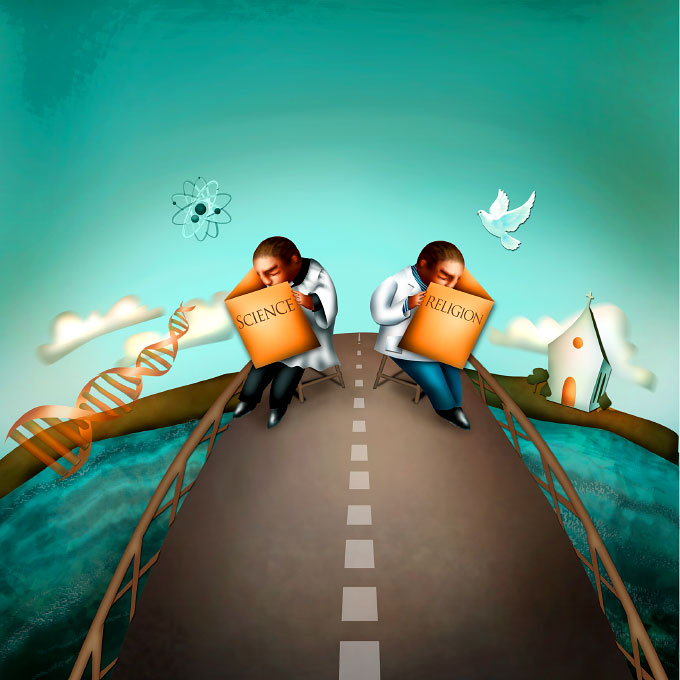






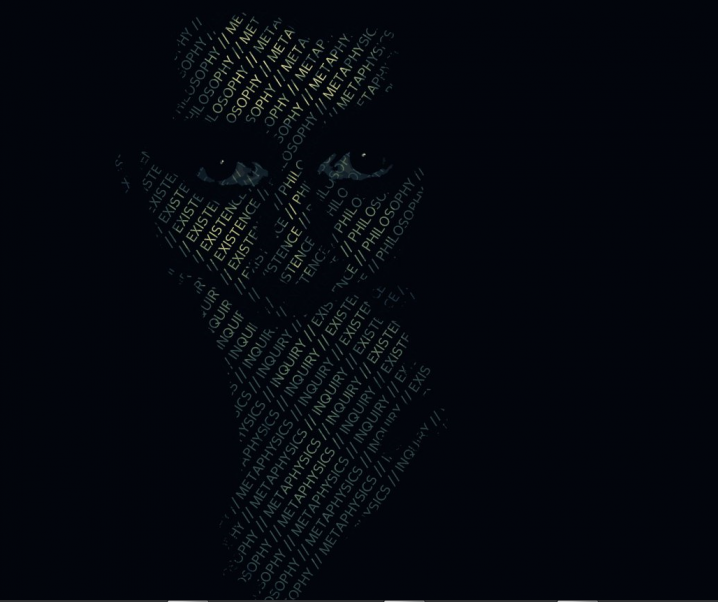



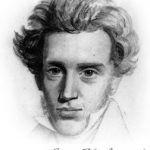
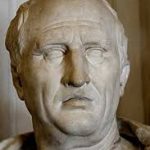







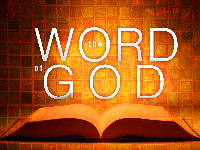



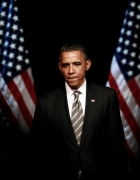
Marcus Bachtold
December 3, 2023Deference to post author, some great entropy.